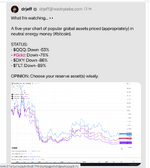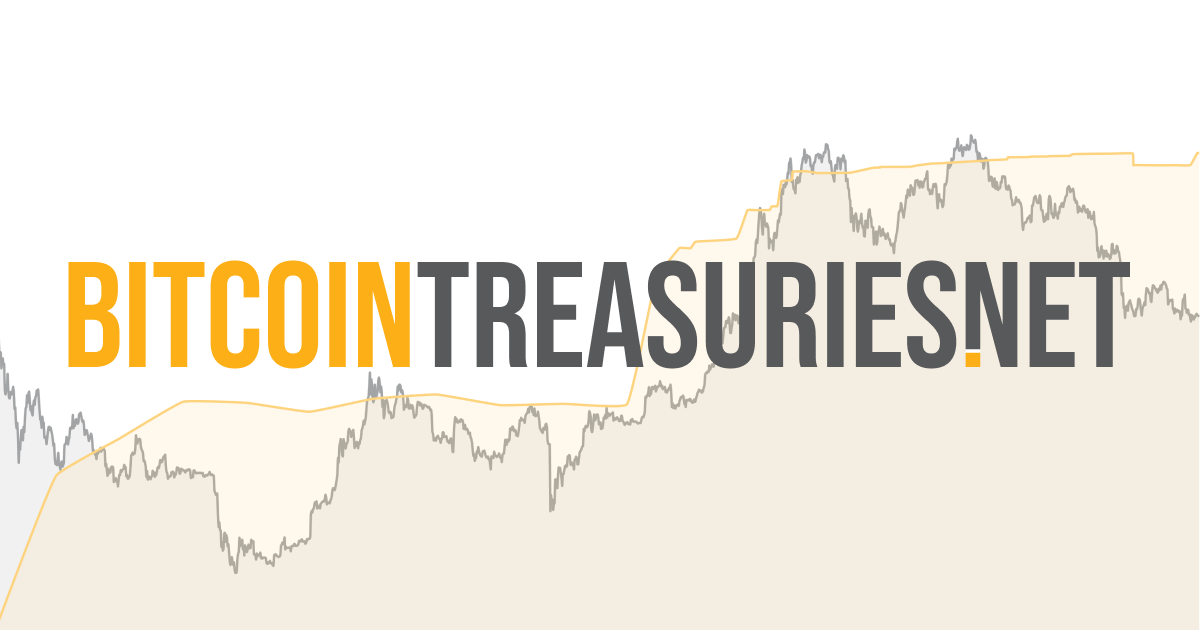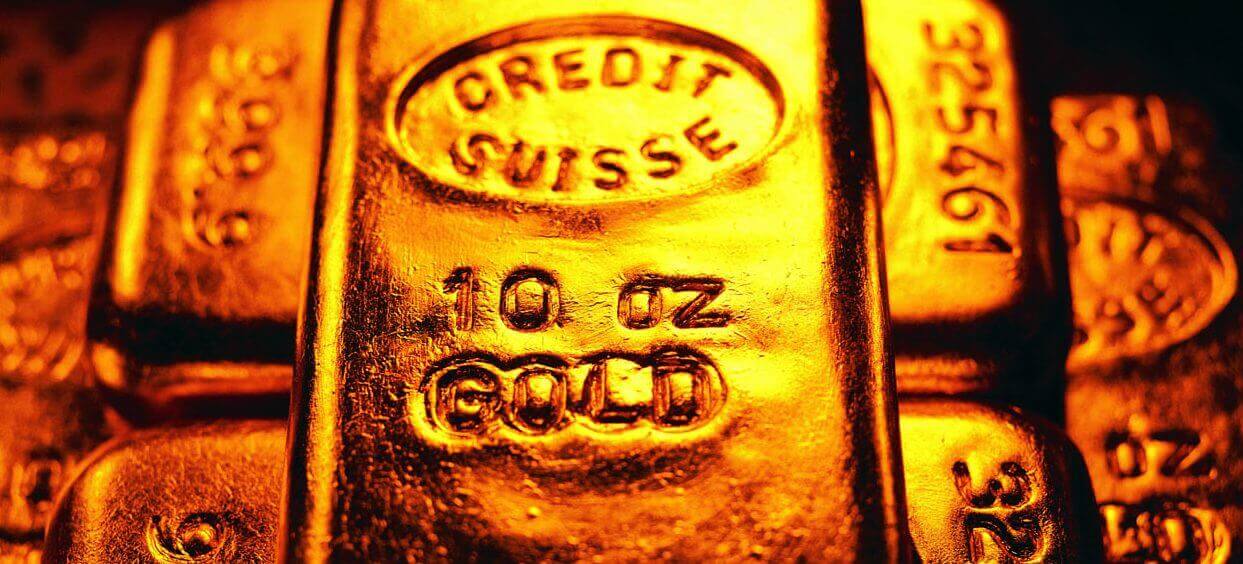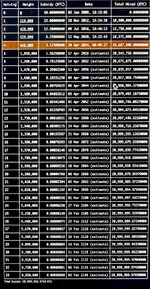- China especially cannot be trusted in this regard) they will likely settle on an international settlement currency similar to the bancor, which is backed by a basket of the most valued commodities (i.e. each bancor would be composed of 10% of a barrel of oil, 10% a ton of copper, 10% an ounce of gold, 10% a bushel of wheat, etc...). This is why I say Bitcoin has no long term future - because to the extent that its useful at all (as a trustless digital commodity) it could easily be replaced by a purpose-built solution, whose adoption and use could be mandated by the combined power of the BRICS+ governments. And to the extent that Bitcoin is useful in the present, it is entirely as a vehicle of financial speculation fueled by naked greed and unbacked stablecoins. It just doesn't have much of a purpose, despite what its promoters want to believe.
So all BRRICS countries will have warehouses of moldy wheat that Bancors can be converted to?
Why would countries want a purpose built digital money? So they can control it, censor it, and print more when they want…making it by definition less useful, less scarce, and less desirable as money than Bitcoin, which already exists.
As far as mandating this new currency to be used…people choose what money they use, not governments. The government of Venezuela mandates bolivars, but it’s own people are choosing to use dollars, or cinder blocks, over bolivars.
Chaining the exits to Bitcoin by shutting down exchanges does not kill Bitcoin. You can still convert energy to bitcoin. You can still trade your labor or goods for bitcoin. People were getting Bitcoin long before exchanges ever existed.
Last edited:







